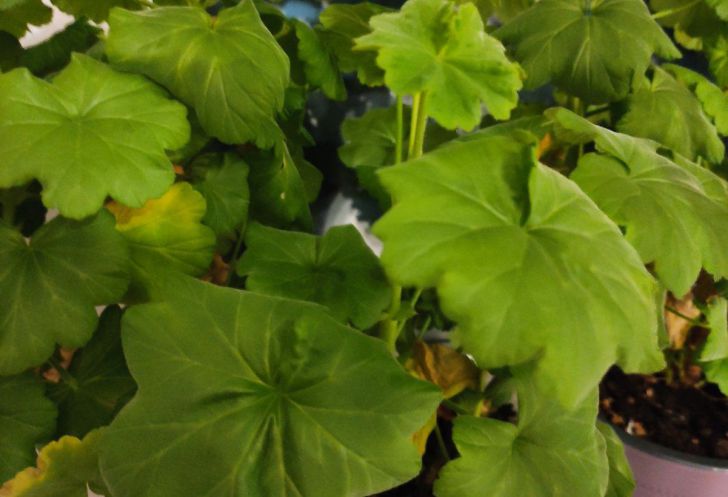How to water geraniums so that they bloom in winter: proven methods to make the plant delight you with flowers in the cold season
Indoor geranium is an amazing plant that can bloom even in winter with proper care.
Experienced gardeners know the secrets of stimulating the flowering of this beautiful plant during the short daylight period.
Basic rules of watering
Proper watering is a key factor for successful flowering of geraniums. In winter, the plant requires moderate soil moisture.
Geraniums should be watered with warm, settled water when the top layer of the substrate dries out by 2-3 centimeters. Excess moisture can lead to root rot and lack of flowering.
Mineral supplements
Special fertilizers for flowering plants help geraniums form buds during the winter.

Phosphorus-potassium compounds are applied once every two weeks, alternating with complex fertilizers. The concentration of the nutrient solution should be less than recommended on the package, since the plant develops more slowly in winter.
Folk remedies for stimulation
Yeast solution is considered an effective natural flowering stimulant. The infusion is prepared at the rate of 10 grams of fresh yeast per liter of warm water.
After infusing for two hours, the solution is diluted with water in a ratio of 1:5. Fertilizing is carried out once a month.
Banana top dressing
Banana peels contain a lot of potassium, which is necessary for the formation of buds.
The crushed peel is infused in water for a week, after which the resulting solution is diluted with water in a ratio of 1:3. This infusion is used to water geraniums once every two weeks.
Using wood ash
The ash solution becomes an excellent source of microelements. A tablespoon of ash is poured with a liter of hot water, infused for a day, filtered.
The resulting solution is used to water the geranium twice a month, alternating with other fertilizers.
Vitamin solutions
A solution of vitamin B1 stimulates the formation of flower buds. One ampoule of the vitamin is dissolved in a liter of water and used to spray the plant.
The procedure is carried out once every two weeks, alternating with watering at the roots.
Creating favorable conditions
Geranium needs good lighting to form flower stalks. The plant is placed on southern or eastern windows, if necessary, additional lighting is provided.
The optimal air temperature in winter is 18–20 degrees, without sudden changes.
